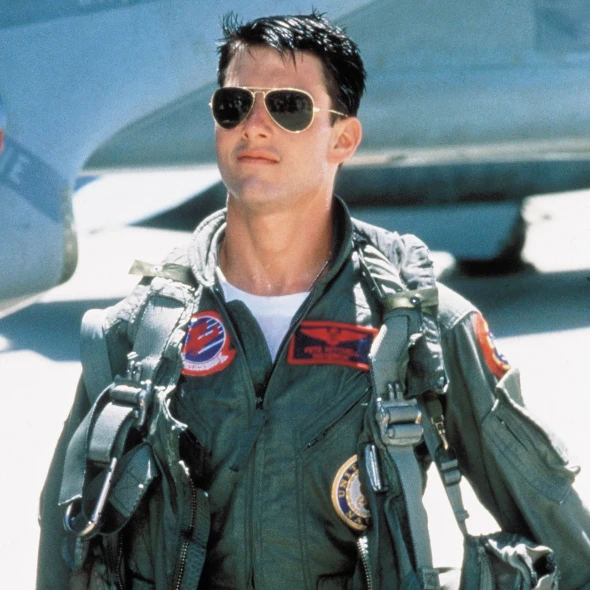
Bob Ducsay is a director's editor. He began his career editing Stephen Sommers' 1989 comedy, Catch Me If You Can, before reteaming on blockbusters such as The Mummy (1999), Van Helsing (2004), and G.I. Joe: The Rise of Cobra (2009); the latter two, Ducsay also produced. With director Brad Peyton, Ducsay edited films such as San Andreas (2015) and Rampage (2018).
In 2012, Rian Johnson enlisted Ducsay for the time travel action film, Looper, then brought Ducsay back for Star Wars: The Last Jedi (2017) and Knives Out (2019). "It was a relief to go to something like Knives Out, which is all about character, story and the comedy in the film," the editor said at the Middleburg Film Festival. (Via Variety) "If you can find the simplest way of constructing a moment or a scene with the fewest cuts that you can do, it's extremely beautiful."
For Glass Onion: A Knives Out Mystery, their latest film together and a sequel to the hit whodunit, Johnson presented Ducsay with perhaps his biggest challenge yet.
"There's a very specific structural gambit that the movie attempts, and there's a very big midpoint twist that leads to a structural change," Johnson teased to A.frame. "Just the abstract concept of that was almost a starting point for me, the notion of can I construct a movie that does this and that works for an audience? That was the challenge from the start."
Below, Ducsay shares with A.frame five movies that had a major impact on him, including the film that first inspired him to pursue film editing.
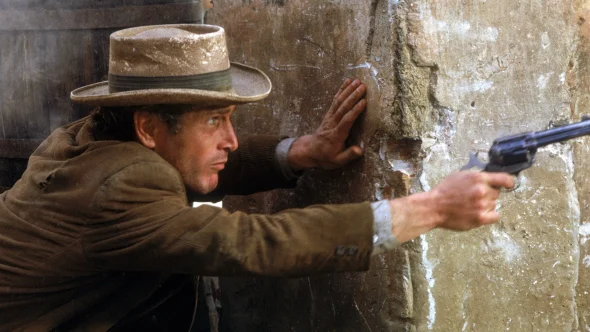
Directed by: George Roy Hill | Editing by: John C. Howard and Richard C. Meyer
My very first memory of seeing a movie in a theater. While my parents were not particularly enthusiastic moviegoers, they were huge fans of Paul Newman and Robert Redford. So, at the age of 17, I found myself seated in a packed Westchester Theater in south Miami. The smell of popcorn, the buzz of the crowd, the sticky theater floor, seated in the second to the last row, remain a pleasantly vivid memory.
The screenplay by the great William Goldman is brilliant. The opening scene finds Butch surveying a bank as it is closed down for the night. He asks the guard, 'What happened to the old bank? It was so beautiful.' To which the guard responds, 'It kept getting robbed.' Butch replies, 'Small price to pay for beauty.' From the very start of the picture, Goldman sets the cheeky tone and tells us a lot about Butch in that first small exchange. It's a terrifically funny movie with two lovable characters played by giant movie stars at the top of their game. But there is a melancholy undercurrent starting with the opening title sequence that pervades the film. I remember thinking, even as a child, that things were sadly not going to end well for Butch and Sundance.
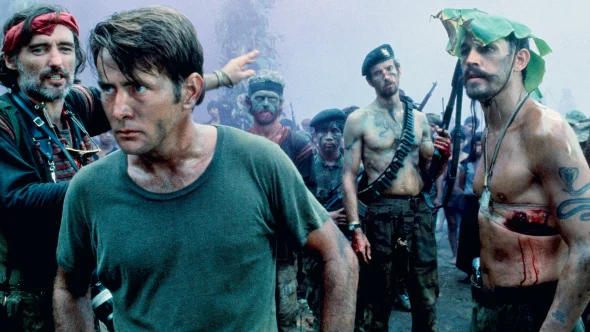
Directed by: Francis Ford Coppola | Editing by: Lisa Fruchtman, Gerald B. Greenberg, and Walter Murch
Apocalypse Now is my answer to the question, 'What is your favorite movie?' Seeing Coppola's epic Vietnam war masterpiece was a profound experience for me. I had never experienced anything like it. The ambition, scale, commitment to theme, the sheer audacity of the filmmaking and the nightmarish tone mesmerized me from the opening frame. The movie is chock-full of brilliant sequences: the opening montage where we meet Martin Sheen's Captain Willard in an extended series of dissolves, helicopters and Doors music, the surreal Do Lung Bridge sequence and the Kilgore helicopter attack. It is this Kilgore sequence that has always stood out for me. It is obviously a crackerjack action sequence with Coppola jacking up the excitement with Hueys and Wagner. It builds with such intensity that you can't help but to be swept up in the excitement. At the apex of sound and fury, Coppola cuts in almost dead silence to the target of Kilgore’s choppers — a village where school children are being hustled out of their schoolhouse. I remember being almost ashamed of the excitement I felt before this cut to the village. Powerful filmmaking and also on point thematically.
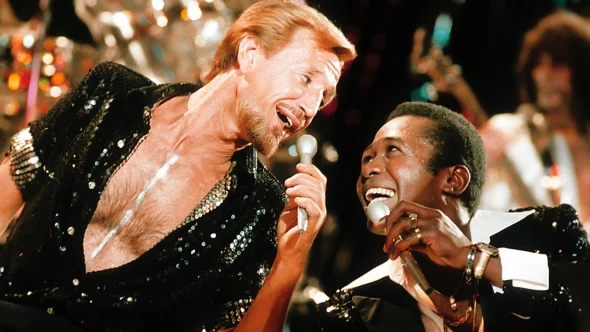
Directed by: Bob Fosse | Editing by: Alan Heim
It's showtime, folks! All That Jazz is far from a conventional movie musical and even further from a conventional autobiography. Roy Scheider is brilliant as the Bob Fosse surrogate Joe Gideon. I would have never imagined an actor I loved in films like The Seven-Ups, French Connection, and Jaws (another masterpiece, why is it not in my 5 films list?) would make any sense playing a creative like Joe Gideon, but he killed it in this role. It's pretty tricky business and in the wrong hands, the lying, cheating, womanizing Joe wouldn't be worth following through the final reel. But Scheider infuses this little boy who doesn't want to grow up with so much charm, humanity and self-doubt that you just have to love him. I didn't fully understand the power of editing when I saw All That Jazz the first time, but I was absolutely aware that something special was going on. Brilliantly edited by Alan Heim with time and place pushed around with beauty and elegance, I have studied the film endlessly since, and remain in awe of what Alan achieved.
Directed by: Tony Scott | Editing by: Chris Lebenzon and Billy Weber
Not only is this film one of my favorites of all time, but it was highly influential generally in the kind of movies that I hoped I would someday be a part of and, more specifically, in igniting my interest in film editing. The screenplay, along with Tony Scott's superb direction and a great movie star turn from Tom Cruise, is a case study in hero building.
In the opening scene, Maverick does not one, but two terrifically heroic things. He saves Cougar from the Russian MiG, and then, almost out of gas in his F-14, circles back to lead the freaked out Cougar back to safety. 'Son, your ego is writing checks your body can't cash.' Boom. I'm in. This guy can be my wingman any day, even though I know he probably has to learn a thing or two along the way.
And wow, what about the editing? Chris Lebenzon and Billy Weber’s work is incredibly muscular, and yet, somehow also beautifully simple and elegant. I had just finished my first semester at USC Cinema when I saw Top Gun, but hadn’t really figured out what I wanted to do yet. After seeing Top Gun, I knew.
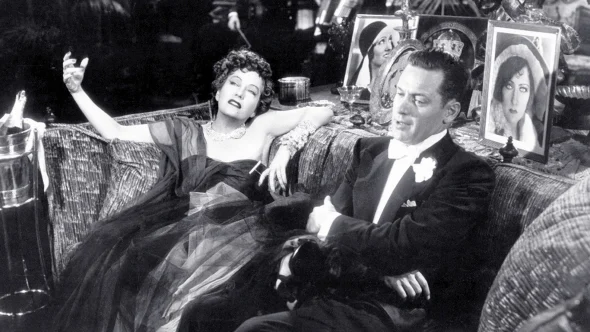
Directed by: Billy Wilder | Editing by: Arthur P. Schmidt
It was at USC that I first discovered Billy Wilder. And, in a filmography full of masterpieces, the one I love the most is Sunset Blvd. What a movie! Sure, there's a lot of inside baseball delights on hand as the movie skewers so much about how Hollywood works (were writers ever respected in the movie business?), but it's also an unusual and tragic love story.
Gloria Swanson is extraordinary as Norma Desmond. Her performance is so brave and bold— as over-the-top as any over-the-top silent film performance. And yet, we care about her because underneath the bravado, Swanson lets us see the sadness and loneliness Norma feels — like her dilapidated mansion, she is stuck in the past. William Holden, as Joe Gillis, is also brilliant as the self-loathing hack who is sucked into Norma's world. Could this guy be any more cynical?
The tone of the film is super creepy with a wheezing organ, the burial of Norma's chimpanzee, and the cringy New Year's Eve party. But the real star of the show is Billy Wilder, with his knack for great character work, and hilariously cynical and witty dialogue. I also love the audacious framing structure. We meet Joe Gillis in the first scene of the movie, dead in Norma’s pool. Joe might be dead, but that doesn't keep Wilder from letting him narrate. 'The poor dope — he always wanted a pool. Well, in the end, he got himself a pool. Only the price turned out to be a little high.' Joe later narrates, 'Sometimes it’s interesting to see just how bad bad writing can be.' I love Sunset Blvd. because it showed me just how great great writing can be.

